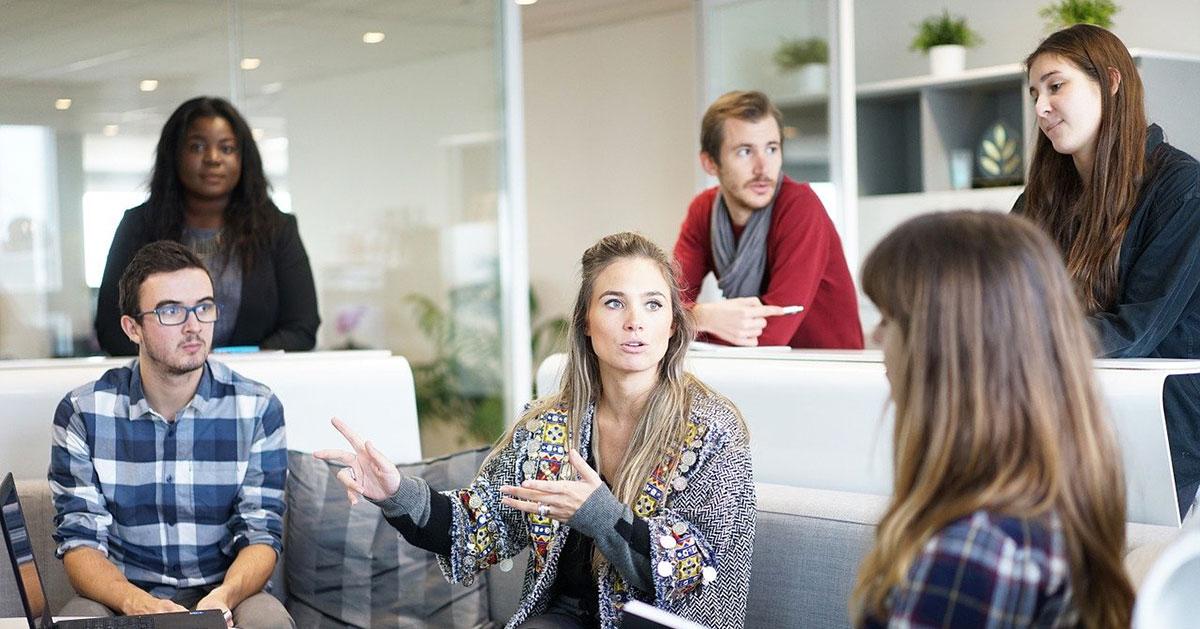In the third installment of our "The Year of Sustainability" series, thought leader Carrie Abernathy, co-founder and executive director of the Association for Women in Events (AWE) explains why gender equality is a cornerstone to sustainability.
I’m so honored to be able to guest blog on the topic of gender equality, Goal 5 in the UN’s 2030 Sustainable Development Goals. This topic is so important to how we do business in the events sector and it has been a topic so near and dear to me for the last 15 years of my career. So dear, in fact, that I helped found an organization to elevate women in the events business.
Let’s start with the definition of gender equality: "The state in which access to rights or opportunities is unaffected by gender." I often hear from people across industries that ‘of course all people, regardless of sex, have access to all the same rights and opportunities’ in business in today’s world. I would argue that this still isn’t the case. Statistics show that women are still making less than men in the workplace overall, especially women of color, and sexual harassment is still a problem that persists in the workplace, more often toward women and transgender individuals.
There is often disparity across leadership positions as well. In fact, as of February 2019, there was only a single female CEO in the Top 10 Fortune 500 companies, and few women represented on the boards that control those organizations.This must change. Gender equality for many of us will exist when our future generations see just as many women as there are men in the C-suite. We still have a lot of work to do.
There are so many business benefits to gender equality. In this article from Forbes, the author makes the case that diversity in the workplace is crucial. Men and women carry different intrinsic strengths and when there are more diverse ideas at the table, there can be a great business outcomes.
At the AWE, we recently reviewed our strategic plan for the next three years. Along with clear initiatives to eradicate sexual harassment in the workplace and advance women in business, a major tweak that we made was to the verbiage of our mission. As of 2020, AWE supports all those who identify as women, not just women. That was incredibly important to us as a community and as allies. Often there is a subset of gender neutral, or transgender people that are left out of the blanket “women” statement—so we want to make sure they are represented as well in the events business community and provided with the same opportunities and equality as everyone.
For those that are looking for ideas to be inclusive and to promote gender equality, start with HR and your internal programs. Unconscious bias is still a prevalent stereotype that exists today. I recently heard an incredible speaker ask the audience a puzzling question. “A father and his son were in a car accident. The son was brought to the ER and rushed to surgery. The surgeon enters the operating room and said, ‘I cannot operate on this child, this is my son." The meeting room was extremely perplexed over how this could be—sadly, many people, myself included, thought that the surgeon must be the child’s step-father. Incorrect—the correct response was that the surgeon was the child’s MOTHER. That is a great example of how many of us still hold unconscious biases to certain careers or leadership roles.
There are many resources and articles in the events sector to get your organization started. Sometimes it is as simple as sharing a blog or the Forbes article referenced above with your leadership team. More often, deeper dives are required to affect change. AWE offers incredible education around diversity, inclusion, combating sexual harassment, and working on more gender diversity in the workplace and in business leadership. Use your resources and feel free to reach out to me. I’m going to continue working on gender equality in business events and I’m happy to guide you on your way there as well.



